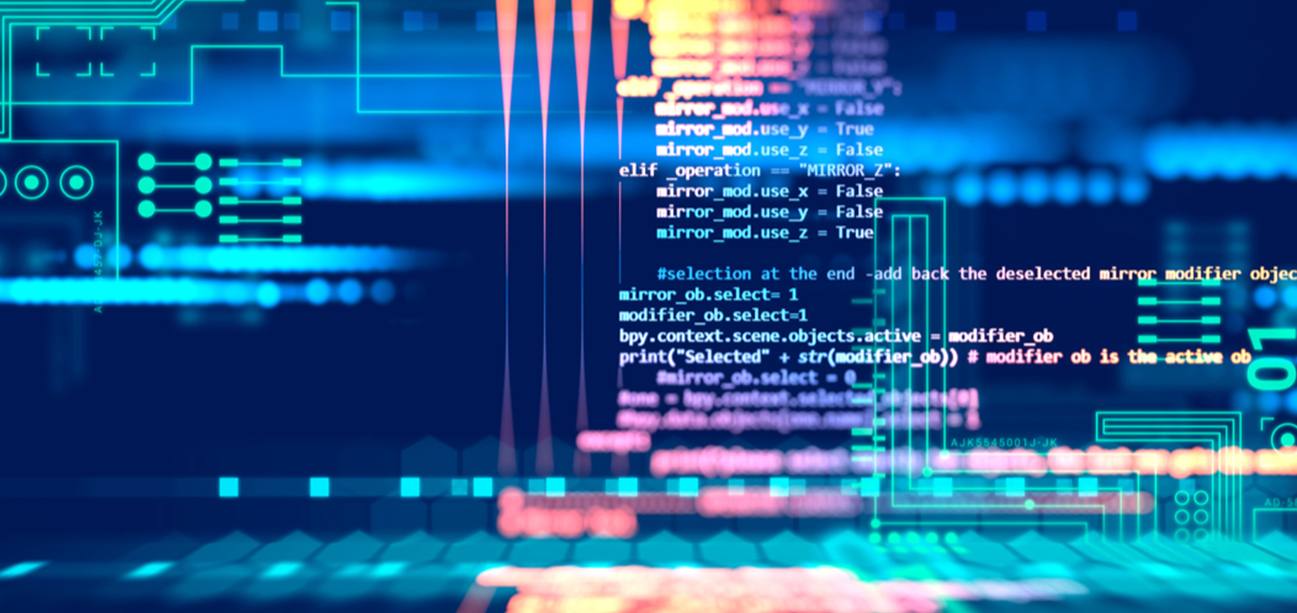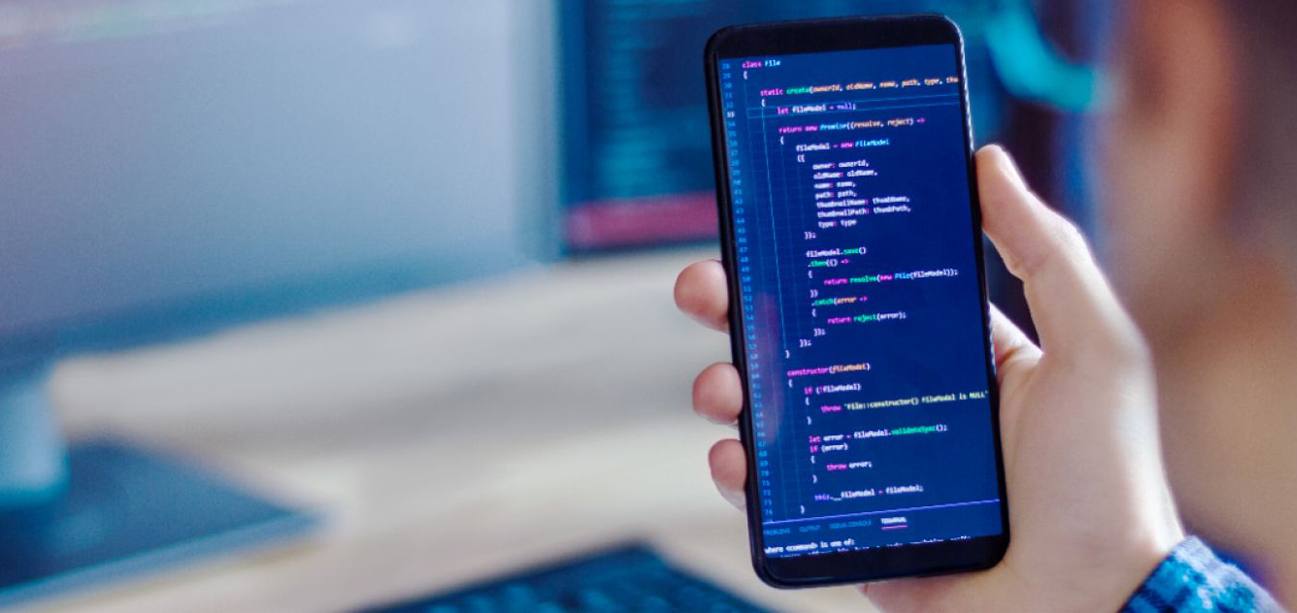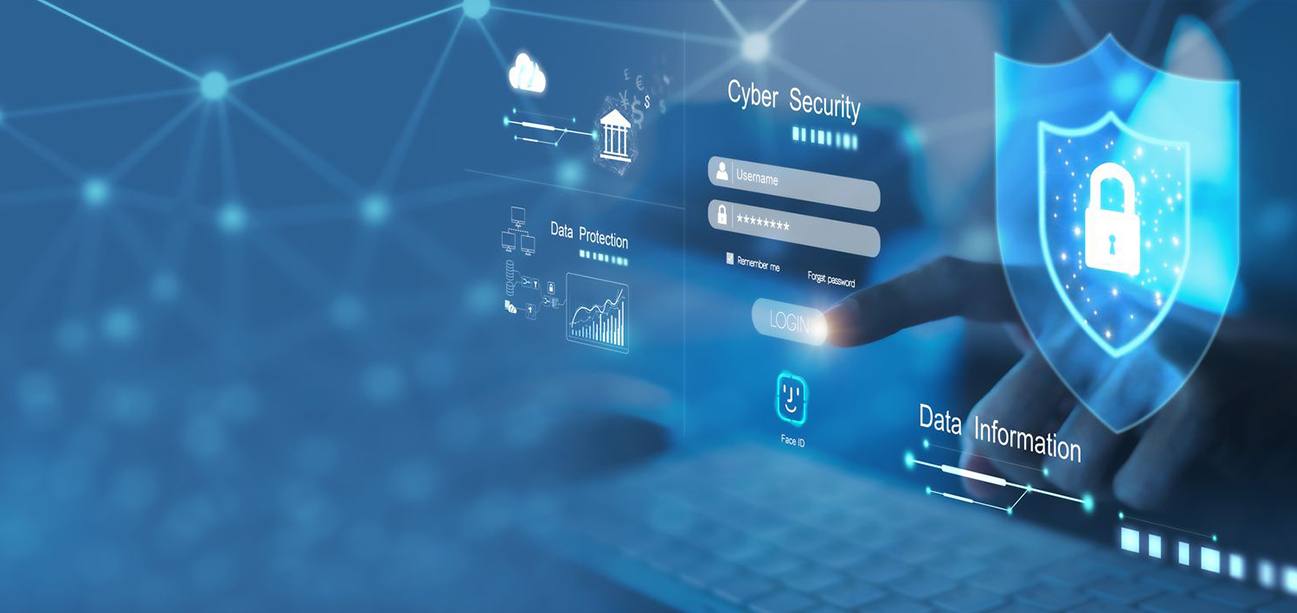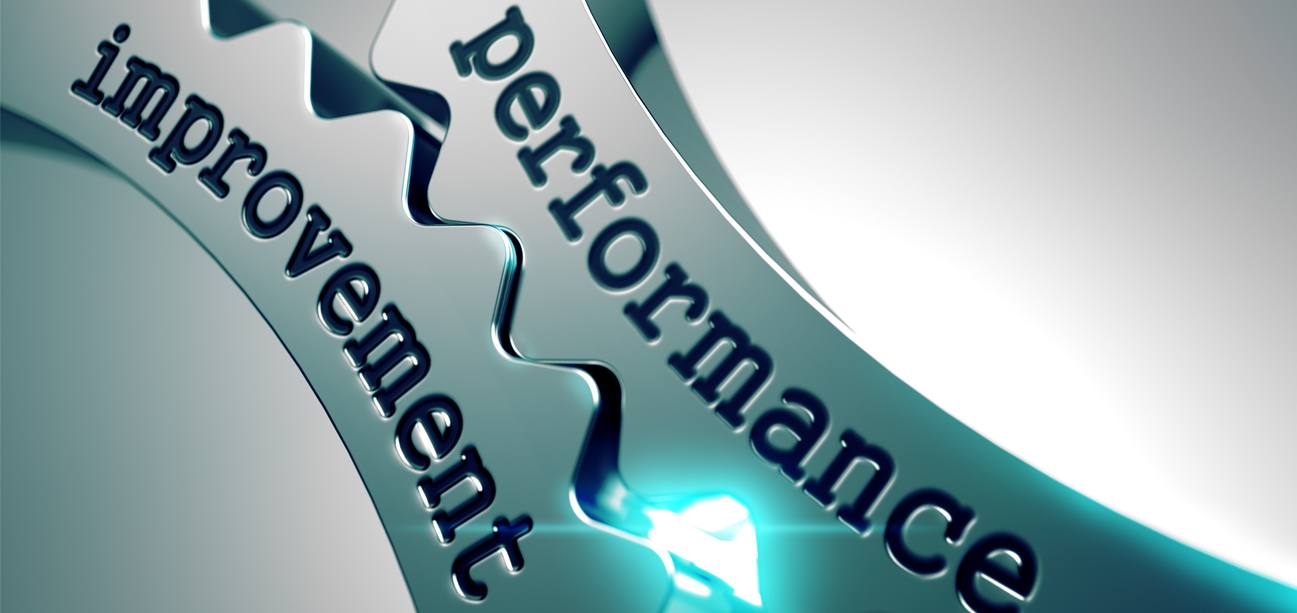
What Is Metaverse?
The metaverse is a 3D virtual world where people can interact with each other using avatars. It is a combination of augmented reality (AR) and virtual reality (VR) technologies. In the metaverse, you can do anything you can do in the real world, such as shopping, playing, and entertaining yourself.
How Metaverse Development Can Help Your Business Reach New Heights
The metaverse is a new frontier for business growth. By employing best practices and adequate visual engagement, Fictive Studios can help you reach new heights. We can provide your audience with a remarkable 3D-dimensional experience that your competitors can only claim to have. Our metaverse developers can construct a digital presence that offers an unconventional and immersive experience to your customers
GET A QUOTEFictive Studios: The Metaverse Development Company of the Future
Fictive Studios is a metaverse development company that always strives to stay ahead of the curve. We can help you build a solid digital presence in the metaverse using the latest technologies. Our developers excel in developing immersive and engaging metaverse experiences, and we can create custom products and services to meet your specific business needs.
Here are some of the metaverse development services we offer that can help businesses offer seamless virtual experience to users
Decentralized Space Development
We can help you develop a decentralized space for the gaming, socializing, and trading industries. We also offer other services, such as UI/UX design, frontend and backend development, and blockchain services. Our services can be tailored to meet your specific project requirements.
Customized Metaverse App Development
Our metaverse developers can help you craft user-friendly applications that are secure, and transparent, giving users complete control over their data.
3D Space Development
We can assist you in refining your metaverse project requirements by using 3D visualization, 3D modeling, and interoperability components. Our 3D design and development solutions can help you broaden your used-cases across emerging concepts.
Third-Party Integration
We offer third-party integration services for your Metaverse project. This can help you provide a feature-rich and exceptional user experience by integrating your project with different APIs, data, ecosystem tools, and service-oriented architecture
Gaming Metaverse Development
Fictive Studios game developers can help you improve the playability and immersion of your games by providing live game streaming services and creating impressive 3D virtual environments. We can also assist you in creating a metaverse play-to-earn gaming environment by integrating NFT and crypto trading services.
Metaverse Social Platform Development
Our web developers can harness metaverse technology to develop social media platforms that offer better connectivity, engagement, and realism for users. These platforms offer a more immersive 3D experience than traditional social media, while still providing the core features of connecting, socializing, and sharing.
Metaverse Full-Stack Development
The future of shopping is a 3D virtual e-commerce marketplace that accepts cryptocurrency payments. We offer end-to-end full-stack development services, including after-sale support.
NFT Platform Development
Our metaverse developers have the expertise to build a platform that allows for secure and efficient NFT trading. We can also help you integrate NFTs into your existing business model so that you can take advantage of the benefits of this emerging technology.
Distributed Network
Our team of developers follows a distributed network approach, providing high-bandwidth and real-time connections to enhance data transmission and improve user experience.
Standardized Interoperability
To support the 3D elements and applications of the Metaverse project, we utilize interoperable standards for media, such as link text, images, audio, video, 3D scenes, items, sequences, and vectors.
Full-Stack Web Development
We utilize a variety of programming languages, such as HTML, Java, PHP, Golang, and more, for full-stack web application development.
Smart Contracts
Our in-house team can develop and implement secure, efficient, transparent, and permissionless smart contracts for your Metaverse platform to facilitate transactions.
Payment Gateways
Our payment gateway solutions provide support for both cryptocurrency technologies and other globally accepted e-wallets, empowering seamless transactions for your Metaverse platform.
Post-Sale Support, Maintenance, and Upgrades
Our after-sales support and maintenance services ensure the high usability, security, and reliability of your Metaverse platform, including network, nodes, and smart contracts.
How We Can Help You Build Your Metaverse
Fictive Studios comprises a team of experts who can develop the perfect Metaverse solution for your project. We can get to work on your project as soon as you provide us with your requirements. Our team has the expertise to design and develop a Metaverse platform using a variety of technologies, including blockchain, augmented reality, virtual reality, and NFTs.
What is Metaverse app development?
What are some popular Metaverse app development platforms?
What is the role of blockchain in Metaverse app development?
How does Metaverse app development differ from traditional app development?
What skills are required for Metaverse app development?
How can I monetize my Metaverse app

Building The Future One Line Of Code At A Time

Mobile App Solutions For Everyone, Everywhere
We pride ourselves on our ability to bring your unique vision to life through our cutting-edge technology and innovative solutions.
Retail, Ecommerce
Education & e-learning
Healthcare & Fitness
Logistics & Distribution
Social Networking
Real Estate
Travel & Hospitality
Food & Restaurant
On-Demand Solutions
Gaming
Partnerships We Have Built Through Our Digital Solutions
At Fictive Studios, we are proud to have partnered with over 2000 businesses, ranging from startups to enterprises, to provide industry-leading mobile app development solutions tailored to their unique business needs. Every business is different, and we are passionate about helping our clients achieve their goals through our extensive range of app development services.
Start Up Business

Small & Med Business

Enterprise

Agencies

What Our Clients Say
We possess the capability to create applications across a diverse range of genres - simply specify your requirements and we'll bring your vision to life.

Let's Build Something App-tacular Together
Join forces with Fictive Studios, the premier Mobile App Development Company in the US. With our bespoke app development solutions, watch your business soar to new heights.
GET A QUOTE
















